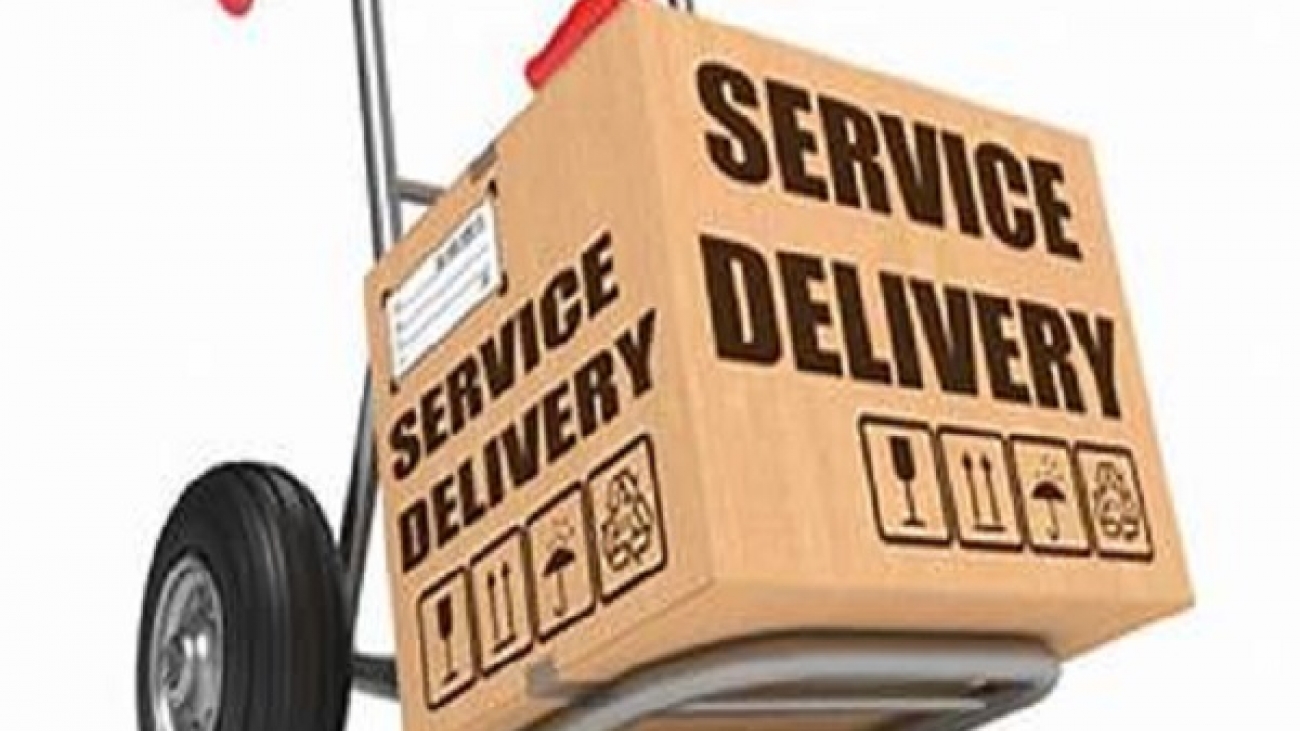Delivery services play a crucial role in the success of businesses and convenience for consumers. In Pakistan, the demand for delivery services has increased significantly, especially with the rise of e-commerce. This article aims to assess the quality of delivery services in Pakistan, focusing on various aspects such as reliability, speed, customer satisfaction, and technological advancements.
By understanding the strengths and weaknesses of delivery services in the country, businesses and consumers can make informed decisions and work towards improving service quality.
I. Reliable and Timely Deliveries
Reliability is a key factor when assessing the quality of delivery services in Pakistan. Clients anticipate receiving their items in good shape and on schedule. However, several issues hinder the reliability of delivery services in the country.
a) Infrastructure Challenges:
Pakistan’s inadequate road infrastructure, especially in remote areas, poses challenges to timely deliveries. Poor road conditions and lack of proper addresses make it difficult for delivery personnel to reach their destinations efficiently.
b) Tracking Systems:
The implementation of robust tracking systems is crucial for ensuring reliable deliveries. It allows customers to track their packages in real time, reducing anxiety and providing transparency. Some established delivery services in Pakistan have embraced this technology, enhancing their reliability.
c) Weather Conditions:
Pakistan experiences a diverse range of weather conditions, which can impact the quality and reliability of delivery services. Heavy rains, snowfall, and extreme heat can lead to delayed deliveries and damaged pac kages.
II. Customer Satisfaction
Customer satisfaction should be a priority for delivery services, as it directly impacts the reputation and growth of businesses. Assessing customer satisfaction helps identify areas that require improvement.
a) Communication and Customer Support:
Effective communication between delivery personnel and customers is crucial for ensuring satisfaction. Prompt and clear updates regarding the status of deliveries can significantly improve the customer experience. Moreover, a responsive customer support system is important for addressing any issues or concerns promptly.
b) Professional and Friendly Staff:
Courteous and well-trained delivery personnel contribute to positive customer experiences. Friendly interactions, professionalism, and respect for customers’ privacy are crucial factors that affect overall satisfaction.
c) Convenient Return and Exchange Policies:
Delivery services that offer hassle-free return and exchange policies contribute to customer satisfaction. Flexible policies that cater to the needs of consumers who may not be completely satisfied with their purchase contribute to a positive experience.
III. Technological Advancements
Technological advancements play a vital role in improving the quality of delivery services in Pakistan. Embracing innovative solutions and implementing efficient processes can enhance the overall experience for both businesses and customers.
a) Online Ordering Platforms:
The increasing popularity of e-commerce platforms in Pakistan has accelerated the need for seamless order placement and tracking mechanisms. Delivery services that integrate with these platforms provide customers with convenience and real-time tracking updates.
b) Delivery Apps:
Mobile applications allow customers to easily place orders, track their packages, and provide feedback. Delivery services that offer user-friendly apps enhance the customer experience and provide a competitive edge.
c) Last-Mile Delivery Solutions:
Last-mile delivery is often the most challenging phase of the delivery process. Incorporating technologies like GPS tracking, route optimization, and real-time traffic updates can enhance delivery efficiency and reduce delays.
IV. Challenges to Quality Delivery Services
-
Poor Infrastructure:
The inadequate infrastructure in Pakistan is one of the main challenges to the quality of delivery services. Poor roads, lack of efficient public transport, and inadequate storage facilities all contribute to the lack of quality services.
-
Lack of Skilled Workforce:
Another issue is the lack of skilled and experienced personnel in the industry. Most delivery services in Pakistan are run by small businesses with limited resources, making it difficult to find qualified and experienced personnel.
-
Inadequate Technology:
The lack of modern technology in the industry is also a major problem. Most delivery services in Pakistan still rely on traditional methods such as manual labor and paper-based tracking systems. This makes it difficult to provide accurate and timely delivery services.
-
Poor Quality Control:
Quality control is another major challenge to the quality of delivery services in Pakistan. Most delivery services lack adequate quality control systems, making it difficult to ensure the timely and accurate delivery of goods.
-
High Costs:
The cost of delivery services in Pakistan is also very high in comparison to other countries. This makes it difficult for customers to afford the services and leads to low customer satisfaction.
Conclusion:
Assessing the quality of delivery services in Pakistan is crucial for businesses and consumers to make informed decisions. Reliability, customer satisfaction, and technological advancements are key factors to consider when evaluating the quality of these services. While there are challenges to overcome, such as infrastructure limitations and extreme weather conditions, the industry is making progress. By addressing these challenges and incorporating innovative solutions, delivery services in Pakistan can strive towards providing consistently reliable, efficient, and customer-centric experiences.

